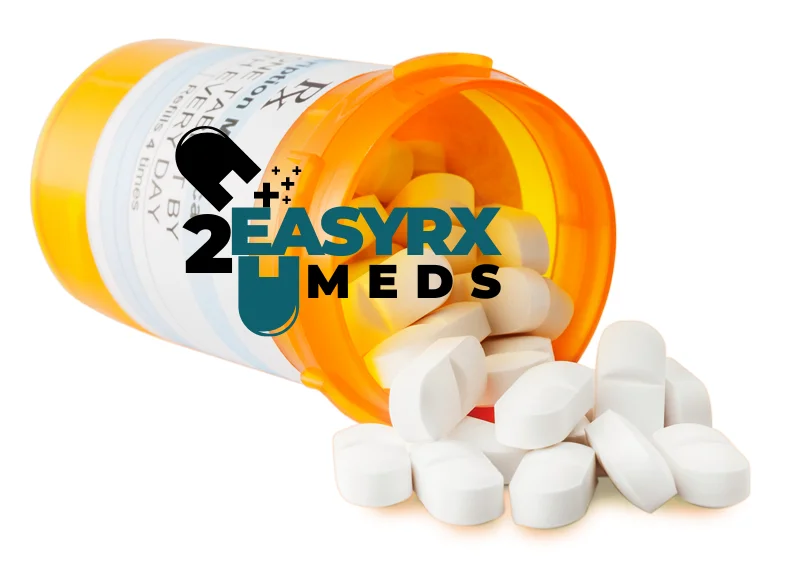There is no item in your cart
Introduction of Concerta:
Concerta vs Ritalin is a prescription medication used primarily to treat Attention Deficit Hyperactivity Disorder (ADHD) in children, adolescents, and adults. It belongs to a class of drugs known as central nervous system (CNS) stimulants. The active ingredient in Concerta is methylphenidate, a stimulant that affects certain chemicals in the brain that contribute to hyperactivity and impulse control.
Concerta is designed as an extended-release tablet, which means it releases the medication gradually over time, providing a steady therapeutic effect throughout the day. This extended-release mechanism allows individuals to take the medication just once a day, which can help manage symptoms such as difficulty focusing, hyperactivity, and impulsivity.
Concerta is available only with a prescription and must be taken under medical supervision due to potential side effects and the risk of dependency. Common side effects include insomnia, appetite loss, headache, and increased heart rate.
Benefits:
Concerta offers several benefits, especially for individuals diagnosed with ADHD. These include:
1. Improved Focus and Attention
- Concerta vs Ritalin helps individuals with ADHD focus on tasks for extended periods, which is often a challenge due to distractibility and a short attention span.
2. Reduced Hyperactivity
- It helps decrease physical hyperactivity, allowing individuals to remain calm and more controlled in their behavior.
3. Decreased Impulsivity
- By improving self-control, Concerta reduces impulsive actions and decisions, helping with social interactions and task completion.
4. Long-Lasting Effect
- As an extended-release medication, Concerta provides a steady release of methylphenidate over 10–12 hours, offering symptom control throughout the day with just one dose.
5. Improved Academic and Work Performance
- By enhancing focus, organization, and task completion, Concerta vs Ritalin can help improve performance in school or the workplace.
6. Better Emotional Regulation
- Concerta can help stabilize mood and reduce emotional outbursts, improving relationships and daily interactions.
7. Convenient Dosing
- Unlike some ADHD medications that require multiple doses, Concerta’s extended-release form allows for once-daily dosing, which is easier to manage.
Side effects:
- Insomnia (Trouble Sleeping)
- Difficulty falling or staying asleep is a frequent side effect, especially if taken late in the day.
- Loss of Appetite
- Concerta vs Ritalin can reduce appetite, which may lead to weight loss, particularly in children.
- Headache
- Some users experience headaches, especially when they first start the medication.
- Stomach Pain or Nausea
- Stomach upset, including nausea or abdominal pain, is a common issue.
- Dry Mouth
- Reduced saliva production may cause discomfort and dryness in the mouth.
- Increased Heart Rate or Blood Pressure
- Concerta can raise both heart rate and blood pressure, which should be monitored in patients.
- Irritability or Nervousness
- Some individuals may feel more anxious or irritable when on the medication.
Less Common but Serious Side Effects:
- Cardiovascular Problems
- Though rare,Concerta vs Ritalin can cause serious heart-related issues, such as arrhythmias or chest pain, especially in those with pre-existing heart conditions.
- Mood Changes
- Some users may experience mood swings, aggression, or more severe emotional changes, such as depression or agitation.
- Growth Suppression (in Children)
- Long-term use may impact growth rates in children, typically related to appetite suppression.
- Tics or Muscle Twitches
- Some individuals may develop tics (involuntary movements) or experience worsening of pre-existing tics.
- Allergic Reactions
- Though rare, some people may develop allergic reactions such as rash, swelling, or difficulty breathing.
- Psychiatric Symptoms
- In rare cases, Concerta may exacerbate or trigger psychiatric conditions such as hallucinations, paranoia, or mania in susceptible individuals.
Risk of Dependence
Concerta contains methylphenidate, which is a stimulant and classified as a controlled substance. Misuse or abuse of Concerta can lead to dependence or addiction.
Monitoring
It’s important for healthcare providers to monitor patients, especially children, for changes in weight, growth, heart rate, and blood pressure during treatment.
If you’re considering Concerta or are concerned about any side effects, it’s important to consult with a healthcare professional to weigh the benefits and risks based on individual health needs.


Reviews
There are no reviews yet.